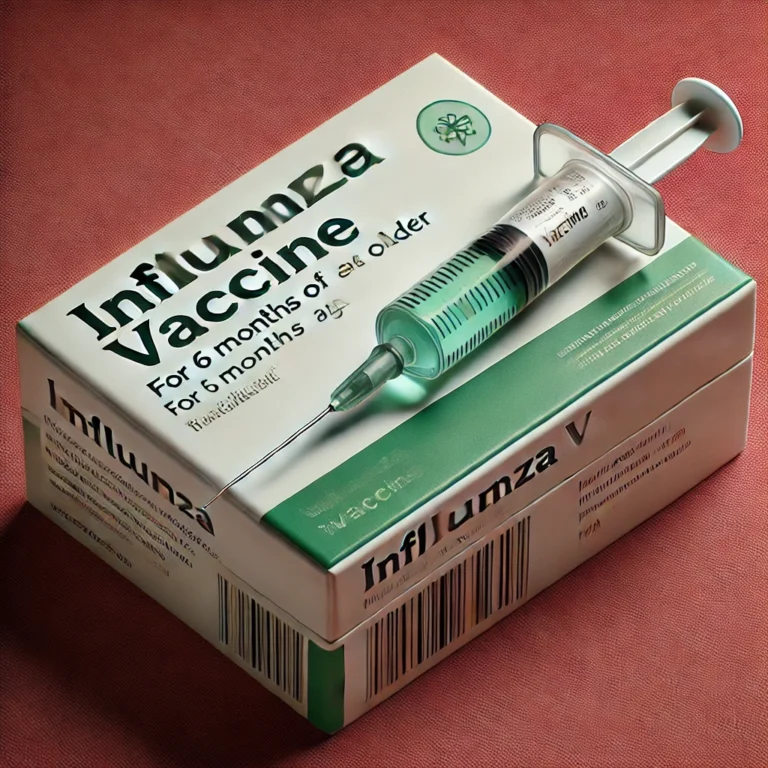As the COVID-19 pandemic continues to evolve, health officials around the world are racing to keep up with the latest developments. One of the most pressing issues facing the global community today is the need for COVID-19 booster shots, as new variants of the virus emerge and immunity from previous vaccinations wanes over time. In the United States, the Centers for Disease Control and Prevention (CDC) and the Food and Drug Administration (FDA) have recently issued new recommendations regarding COVID-19 booster shots. In this article, we will break down these recommendations and explain what you need to know.
Who is eligible for a COVID-19 booster shot?
The CDC and FDA currently recommend that individuals who received the Pfizer-BioNTech or Moderna COVID-19 vaccine series should receive a booster shot eight months after their second dose. The booster shot is intended to help boost immunity levels and provide additional protection against COVID-19. Individuals who received the Johnson & Johnson (J&J) vaccine may also require a booster shot, but the CDC and FDA are currently reviewing data on the effectiveness of a J&J booster.
It is important to note that individuals who received the Pfizer-BioNTech or Moderna vaccine series should receive a booster shot of the same vaccine they received for their first two doses. Mixing vaccines is not recommended at this time.
Why are booster shots necessary?
As the COVID-19 virus continues to spread, new variants are emerging that may be more contagious and potentially more resistant to vaccines. Additionally, studies have shown that immunity from the Pfizer-BioNTech and Moderna vaccines may begin to wane after six months, making booster shots necessary to maintain protection against the virus. Booster shots are also a key component of the global effort to combat the pandemic and prevent new outbreaks from occurring.
What are the potential side effects of a booster shot?
Like the initial COVID-19 vaccine series, individuals who receive a booster shot may experience some side effects, such as soreness at the injection site, fatigue, headache, and fever. These side effects are generally mild and go away on their own within a few days. However, individuals who experience more severe symptoms should contact their healthcare provider.
What should I do if I am eligible for a booster shot?
If you are eligible for a COVID-19 booster shot, the CDC recommends that you receive it as soon as possible. Booster shots are available at many vaccination sites across the country, including pharmacies, healthcare clinics, and community centers. It is important to continue following other COVID-19 prevention measures, such as wearing a mask in public indoor settings, practicing social distancing, and washing your hands regularly, even after receiving a booster shot.
In conclusion, the new CDC and FDA guidelines regarding COVID-19 booster shots are an important step in the ongoing effort to combat the pandemic. By staying up-to-date on the latest recommendations and getting vaccinated, we can all do our part to keep ourselves and our communities safe.












